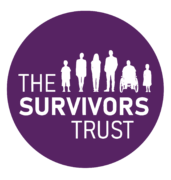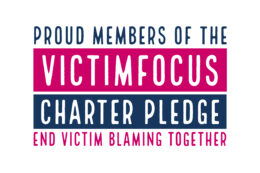The English word trauma comes from the Greek word trauma (τραύμα) meaning ‘wound’. Trauma is the response to a deeply distressing or disturbing event that overwhelms an individual’s perceived ability to cope. It is also subjective, so different people will experience an event in different ways.
Our brain adapts in different ways to trauma.
The Hippocampus (thinking brain) is where memories are formed and indexed so we can access the information later. These memories are time stamped with date, time, place, phone and people.
Amygdala (feeling brain) is an almond shaped structure in the brain. Its purpose is to attach emotional significance to memories. The interaction between the amygdala, hippocampus and neo cortex are crucial in determining the stability of a memory. A bit like a filing cabinet, our brain stores information for us to use later.
During times of crisis, chaos, and traumatic experiences we enter ‘survival mode.’
Normally, our prefrontal cortex, or the thinking brain, handles executive problem solving, organization, emotional regulation, critical thinking, and decision making. When we experience trauma, the survival brain grows brighter, reacting impulsively for self-preservation.
It can be hard to know when you’re in survival brain – but signs can include:
- Lack of focus:
- Changes in memory:
- Fatigue in mind and body.
- Reacting more emotionally than usual.
- Neglecting basic needs
- Being impulsive
Flashbacks
Flashbacks usually happen suddenly, without warning. They are vivid memories of a traumatic event that feel like they are happening now.
You may re-experience what you saw, heard, smelt, felt and your body’s reactions, such as a fast heartbeat.
They can last from seconds to hours.
Flashbacks can happen at any time. They can happen when we are feeling good about ourselves and happy, when we are relaxed, and when we are feeling low. They can even happen in our sleep.
Flashbacks are memory bubbles that burst and can make you feel like the trauma is happening in the present. This triggers the survival brain which controls your breathing and heartrate causing breathing to quicken and feeling of hearts racing.
Why do flashbacks happen?
When we experience a traumatic event our ‘thinking brain’ shuts down, along with any part of the body it does not need to survive, ensuring that the brain’s only function is to keep you alive. It cannot link to the emotional part of your brain and anchor the trauma memory to a timeline, so they are stored as memory bubbles that float around.
Flashbacks happen when the memory bubbles burst, and it can feel like we are back in the traumatic moment. This can be through noise, smell, sounds or sights.









